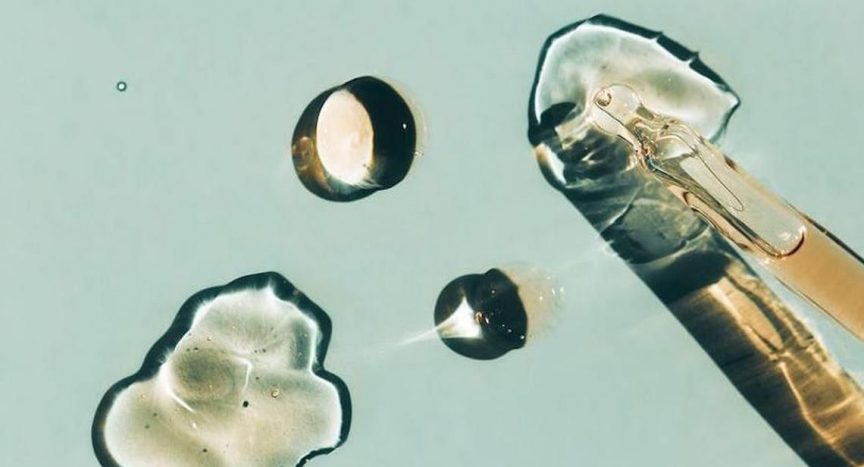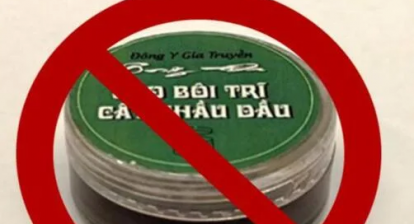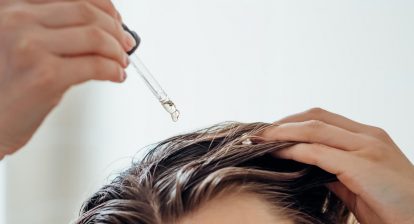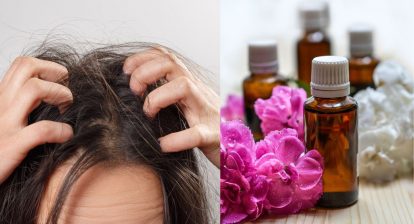Castor oil is the little ingredient that could. Want to grow your hair longer? How about thicker, shinier, and healthier? Then you’re going to run into someone, somewhere, recommending that you try castor oil. But what are the actual benefits of the popular oil for hair—beyond all the clean beauty hype? To get the facts straight, we talk to Ann Kohatsu, product developer at Ceremonia, and Psyche Terry, founder of Urban Hydration.
“Castor oil is a vegetable oil that comes from seeds of the castor bean (Ricinus communis). There are two ways the oil is extracted from the castor bean: cold pressed or heat processed,” Kohatsu says.
“Cold-pressed castor oil is extracted from castor seeds under great pressure. This results in a lighter and thinner form of oil, because it doesn’t undergo the roasting process. Heat-processed castor oil (often called black castor oil) is roasted and processed under high temperatures. It is thicker in consistency and is typically dark brown in color with a slightly burnt scent,” she adds.
According to the product developer, the largest difference between the two types of castor oil is just how they’re processed. “There are differences in color and composition that result from the different processing methods (weight, color, scent), but in terms of benefits for the hair and scalp, the nutritional factors do not differ greatly,” she says.

Photo: Getty Images
Woman with long and beautiful black hair.
Castor oil really is all that. There are tons of ways to use it—Kohatsu says it can operate like a cleansing oil for hair, prevent moisture loss or color fade, and improve hair naturally by being antibacterial and anti-inflammatory. “When we were in the beginning stages of formulating a new haircare collection, we wanted a main ingredient that really did everything,” Terry adds. “This oil has antibacterial and antifungal properties that help prevent dandruff (which is so helpful in these colder months) and scalp infections. It also helps improve hair growth, combat split ends, helps with breakage—the list goes on and on.”
This makes castor oil ideal for anyone with thick and/or dry hair, as well as for those looking to grow their hair longer and stronger.
There’s probably one rumored perk you want to know more about: Does castor oil actually speed up hair growth? “There are limited studies that demonstrate castor oil’s direct effect on hair growth. However, there are many indicators that suggest that it could certainly play an indirect role in contributing to the healthy growth of hair,” Kohatsu explains. The oil’s ricinoleic acid increases scalp blood flow, which can promote healthier hair and growth while also cutting down on inflammation.

Photo: Getty Images
Hair. Beautiful Brunette Girl. Healthy Long Hair. Beauty Model Woman. Hairstyle
“Castor oil also has antimicrobial properties, which help to keep out harmful bacteria and protect the scalp from diseases and infections. All of this suggests that castor oil can most certainly aid in optimizing the health of the scalp—which, of course, leads to healthier hair growth,” she adds. (“It can also help with lash growth,” says Terry. “A little inside tip!”)
If you go with a thicker castor oil, you might not love the feeling of applying it right onto your hair, or how much work it’ll take to rinse it off in the shower. “Formulating castor oil into a product allows for a more hair-appropriate viscosity and enhanced benefits,” says Kohatsu. “For instance, if you want the benefits of castor oil but you are also looking to have a beautiful scent accompany the experience, or your damaged hair needs more repairing properties than what castor oil alone cannot provide, or you want the oil to be even lighter in texture than straight castor oil … then this route is probably the way to go.”
Though, of course, you can still go straight to the source. Terry recommends massaging your hair with raw Jamaican castor oil if you want to help it grow. “You will massage the oil into your scalp, which will stimulate the root and promote growth,” she says. Just make sure you’re ready for a round or two of clarifying shampoo down the line.
This article originally appeared on Harper’s BAZAAR US






